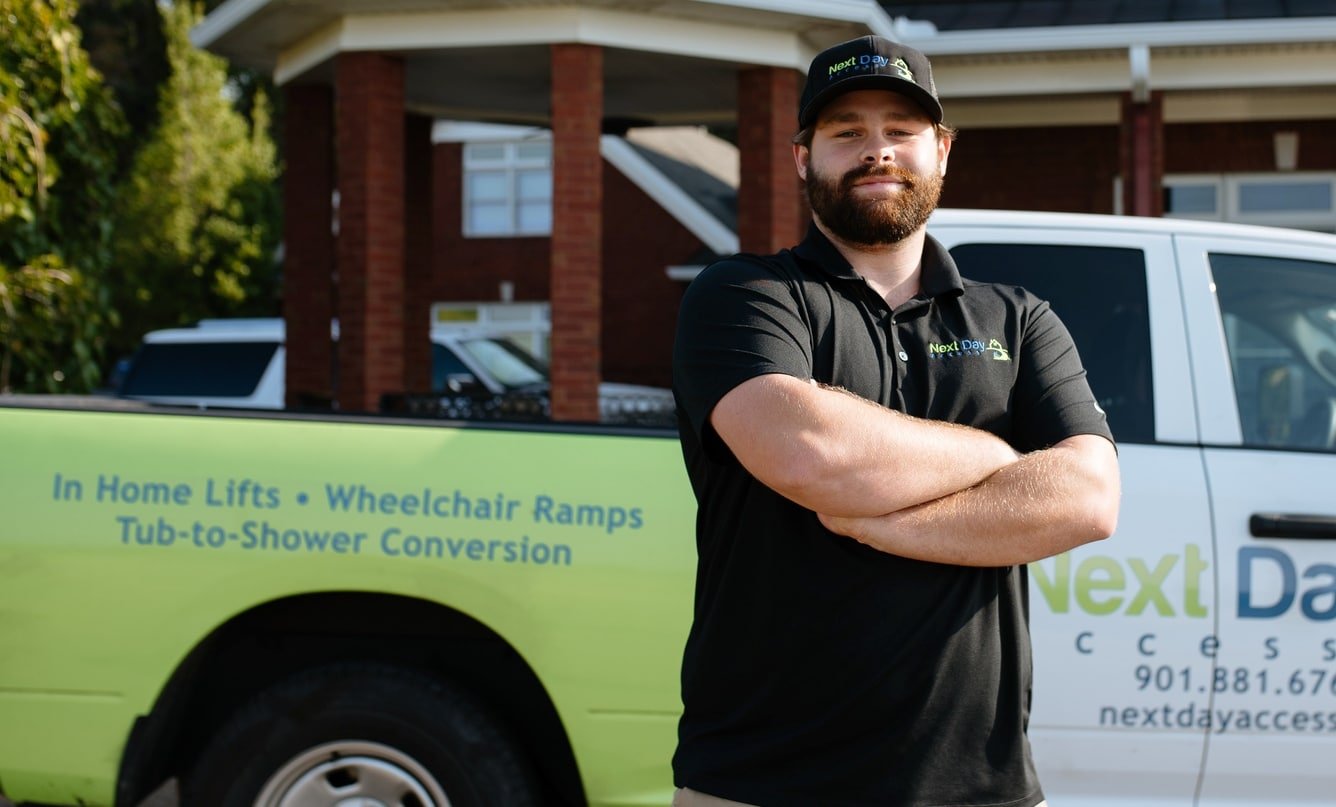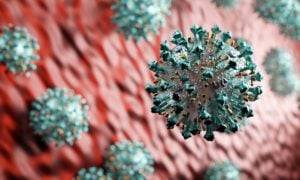
COVID-19 has taken over the world and has created a level of uncertainty among the general population because of so many unknowns. Next Day Access knows this is a very serious virus and that seniors and people with chronic medical conditions are more at risk of getting sick. This Washington Post article explains that out of the first 100 deaths due to COVID-19 in the United States, roughly 45% of the people were 80-years-old or older and about 85% were over the age of 60. If you fall in this age bracket, precautions need to be taken immediately to reduce your risk of getting this highly contagious virus.
Why Seniors Are Considered Higher Risk
To further build on the statistics, the Journal of the American Medical Association has conducted a study showing that 90% of all COVID-19 cases include people between ages 30-79. Children accounted for only 1%. Older people may not have as strong of an immune system as others, and many also have underlying health conditions. Seniors have a higher risk of getting the coronavirus if they have conditions like diabetes, lung disease, heart disease and more. And with these underlying conditions, it’s much more difficult to recover from.
Take Preventative Actions Now
The Centers for Disease Control and Prevention suggests taking immediate action to reduce your risk and prevent getting sick. These actions include:
-Stocking up on household supplies and food
-Keeping distance between yourself and other people
-Avoiding travel
-Washing your hands frequently
-Avoiding crowds whenever possible
-Staying at home
-Cleaning your home thoroughly and disinfecting all surfaces
Simple preventative actions taken regularly can greatly reduce your risk of getting the coronavirus. And if you live in a retirement home or an assisted living facility, it’s even more paramount to take these preventative actions since you have more exposure to people. Good hygiene is essential to combating COVID-19 and potentially reducing the symptoms if it is contracted.
What To Do If You Start Feeling Sick
Talk to your health care provider today to learn what you need to do if you get sick. The United States Government is breaking news regularly about how they are working with health care providers for testing, treatments and other helpful actions. Keep in touch with family, friends, and neighbors and let them know if you are feeling any of the following symptoms:
-Shortness of breath or difficulty breathing
-Fever
-Coughing
-Chest pain
-Confusion
-Bluish face or lips
Many experts expect the coronavirus to peak and fall soon since many other epidemics have followed a similar pattern. Panicking isn’t the solution, but preparation, awareness and taking precautions can help us all deal with the coronavirus with the most ideal outcomes. While the practice of social distancing is becoming common across the country and some parts of the world, be careful not to feel too isolated from others. Talk to your loved ones regularly and keep a positive mindset as much as possible through these difficult times for everyone.
Find the Right Accessibility Solution Fast
Reach out to a location near you today for a custom quote!
Contact Next Day Access today for reliable mobility solutions backed by responsive, expert installation. Enter your ZIP code or postal code to find a location near you and take the first step toward a safer, more accessible space.

Find the Right Accessibility Solution Fast
Reach out to a location near you today for a custom quote!
Contact Next Day Access today for reliable mobility solutions backed by responsive, expert installation. Enter your ZIP code or postal code to find a location near you and take the first step toward a safer, more accessible space.

